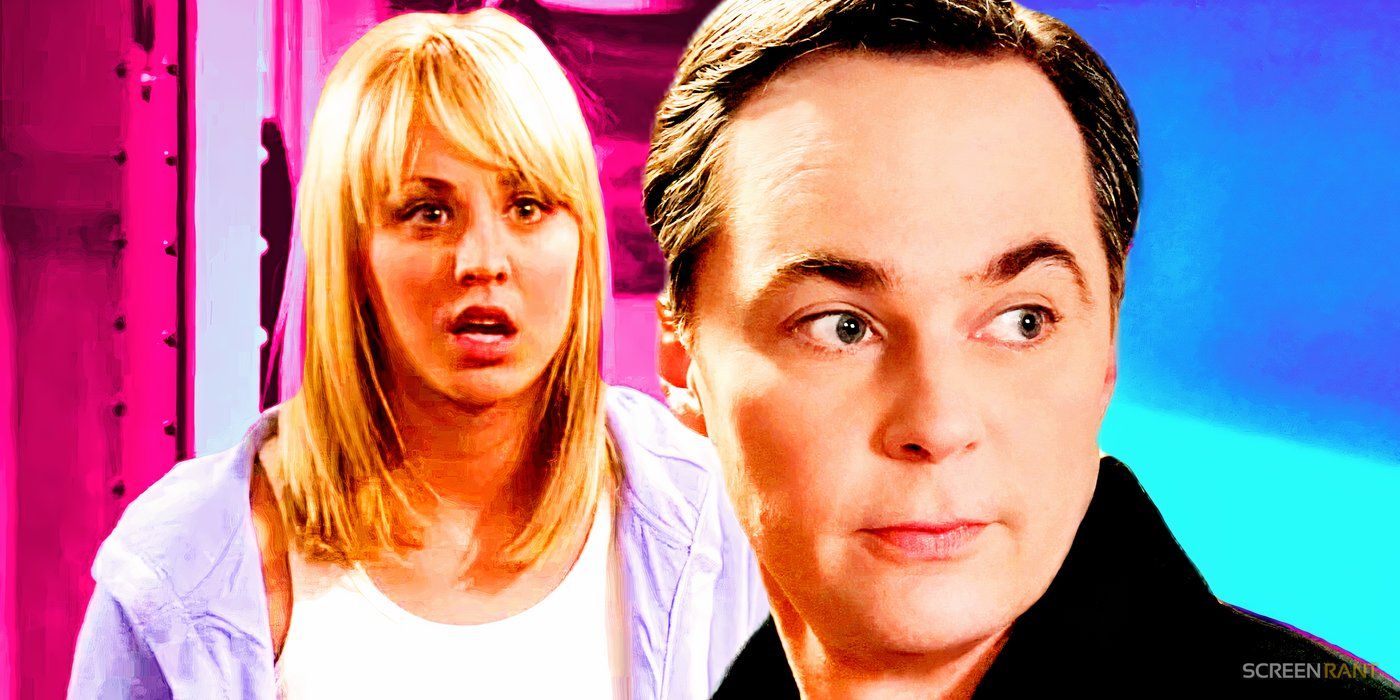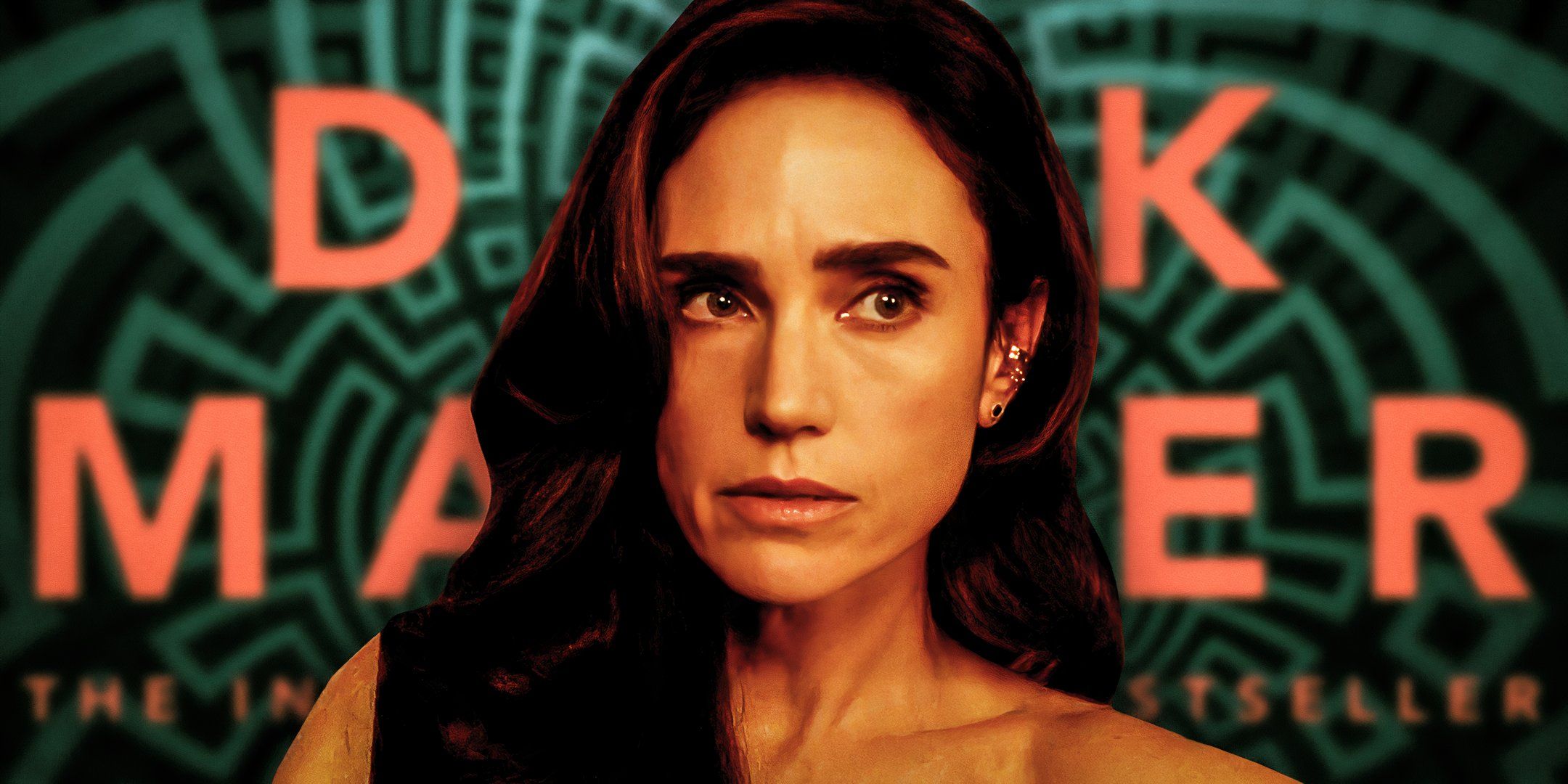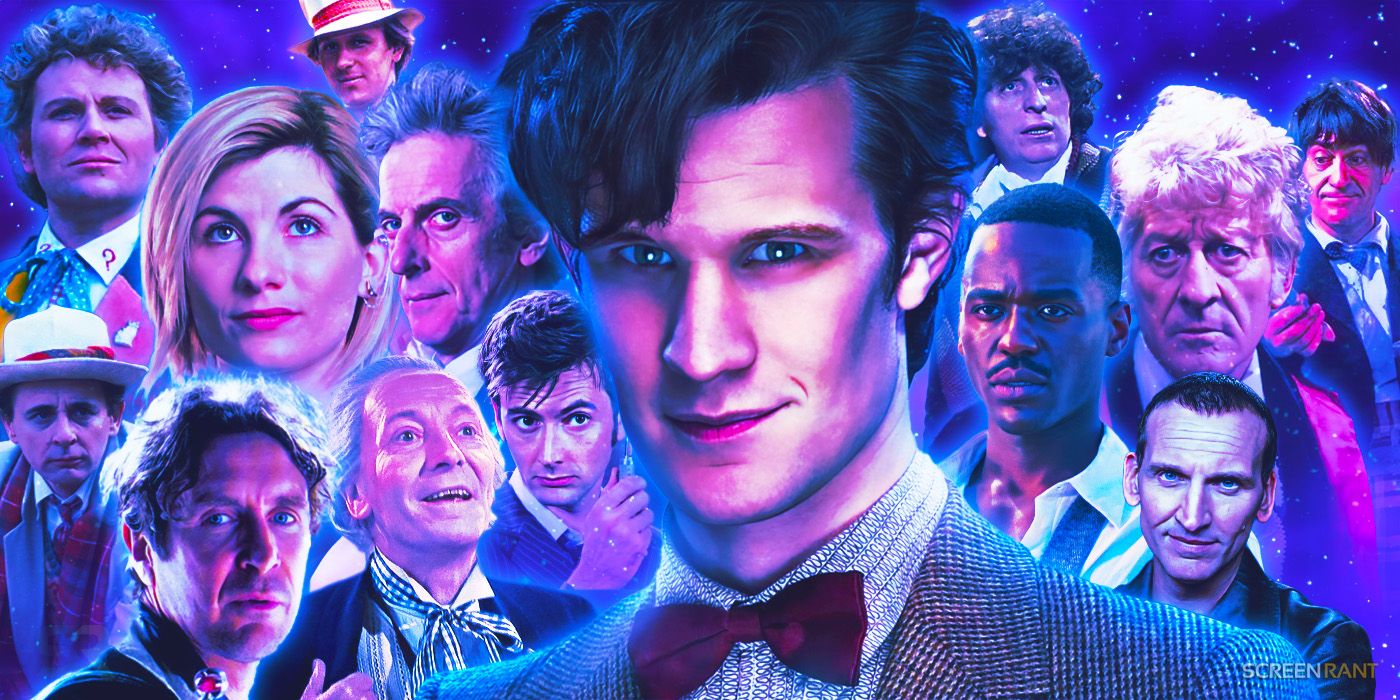Kevin Smith’s ambitious Red State, a flop when released back in 2011, would likely be far more popular if it were to be released today. It marked Kevin Smith’s transition into the horror genre, and while it didn’t quite connect then, it’s the type of socially conscious movie that’s right in line with modern horror sensibilities. Red State was the first time that Kevin Smith abandoned his security blanket of comedy, and his horror movie combined religious extremism with a destructive Waco-esque setting.
Red State set its sights on satirizing the Westboro Baptist Church’s Fred Phelps and his ability to charismatically inspire people for destructive purposes and to generate cult-like devotion. The events of the movie turn an innocent quest for sexual gratification into a fight for survival for several teenagers. Political horror movies have always existed, but Red State features exaggerated performances and an on-the-nose critique that, back in 2011, was received more as a lecture than as horror.
Red State’s fear comes from how people like cult leader Abin Cooper (Michael Parks) look completely normal, yet they’re filled with twisted convictions that drive them to hurt other people. In many ways, this is more frightening than a serial killer in a scary mask or some supernatural monster that’s conjured from Hell. The undying support that evangelists and cult leaders receive arguably gives these kinds of religious and political figures more power than Michael Myers or a Predator. It’s part of what makes them so frightening. They preach holy values, but individuals like Abin Cooper turn themselves into messiahs and then use their disciples to carry out vengeance in the world. This premise has become more relevant in recent years; franchises like The Purge are now built on themes of politics and challenging social norms in an overt way. There’s now a clear horror niche for Red State to fit into that didn’t previously exist to this degree.

Red State’s strengths lie in how Cooper and the members of Five Points Trinity Church feel like genuinely dangerous people with extreme ideals. They’re willing to endanger innocent lives in order to enforce their narrative while hiding behind its false moral righteousness. Red State presents hyperbolized examples, but people like them absolutely exist in the real world, as do other dangerous groups and mindsets. It’s exactly why political horror films have been able to rise as a horror subgenre in recent years, tackling head-on the vitriol and danger inherent in certain political views and social issues. Addressing such issues in horror used to require a modicum of subtlety, but it’s now no longer considered as much of a risk to be bold and divisive with values and representations in horror. At the time of its release, even the marketing campaign for Red State was marred in controversy when Kevin Smith marched with protestors, but it’s the kind of stunt that currently would be seen as a positive and intrigue audiences. Recent horror movies like The Hunt have used controversial political messaging to their advantage as a way to attract a larger audience with their marketing.
Cooper and the Five Points Trinity Church have power through most of the movie, but Red State ultimately turns them into fools. They confuse a teenage prank with the Rapture and they’re all either killed or arrested. The movie’s final coda shows that even in prison Cooper’s doctrine isn’t tolerated and he’s viewed as an eccentric outcast. He’s left with zero power and reduced to a punchline. This type of pointed discourse and vilification of bigoted characters today gets praised as being fearless in films such as Get Out or TV series such as American Horror Story: Cult. Kevin Smith is still making horror films that have had a mixed reception. It’s just a shame Red State was released too ahead of its time to be recognized as the provocative, fascinating movie it would likely be regarded as today.





